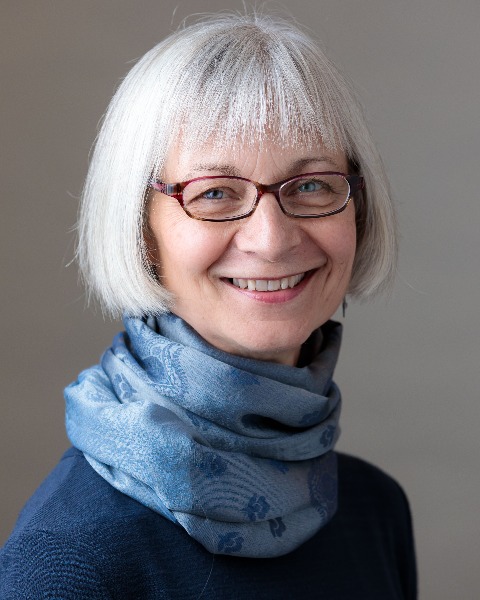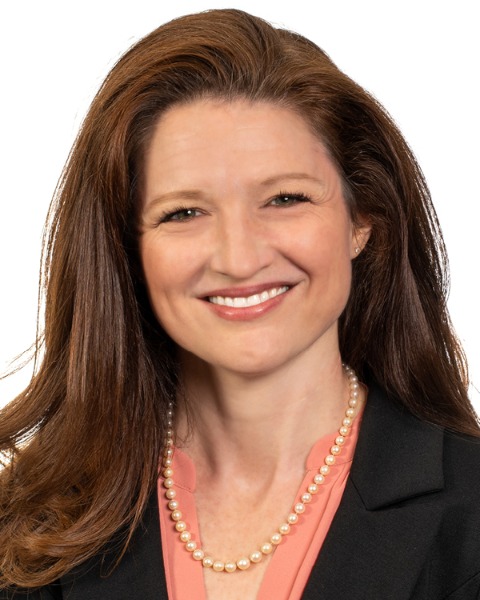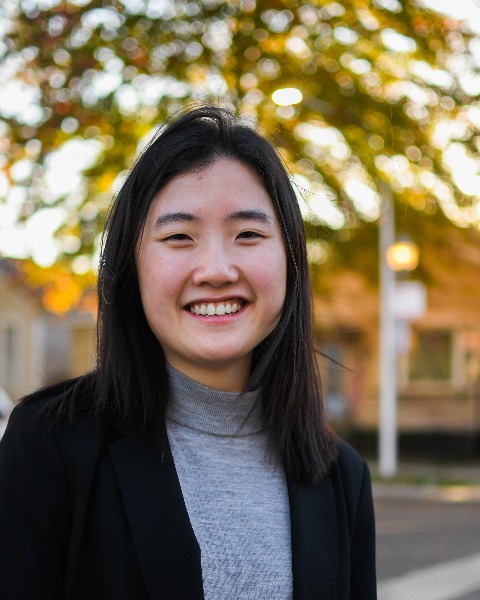Program Area: Behavioral and Social Sciences
Differences in the Experiences and Behaviors of Older Adults in NSHAP During the COVID-19 Pandemic
-

Louise Hawkley, PhD
Principal Research Scientist
Academic Research Centers
NORC at the University of Chicago
Chicago, Illinois, United States -

Dawn Carr, PhD
Director, Claude Pepper Center
Sociology
Florida State University
Tallahassee, Florida, United States -

Amanda Zhang, AB
Medical Student
n/a
University of Chicago Pritzker School of Medicine
Chicago, Illinois, United States -
JW
Jocelyn Wilder, MPH, PhDc
Senior Research Scientist
ARC
NORC
Chicago, Illinois, United States -

Louise Hawkley, PhD
Principal Research Scientist
Academic Research Centers
NORC at the University of Chicago
Chicago, Illinois, United States -
MC
Molly Copeland, PhD
Assistant Professor
Sociology
Michigan State University
East Lansing, Michigan, United States
Chair(s)
Discussant(s)
Individual Symposium Abstract First Author(s)
This symposium uses data from the National Social Life, Health & Aging Project to examine how and for whom older adults’ social relationships and experiences changed with the advent of the COVID-19 pandemic. Zhang et al. examine video call usage among older adults with hearing impairment and how this might mitigate loneliness. They find that although this population reported greater loneliness during the pandemic, video calls attenuated this relationship in a dose-response manner. Wilder et al. evaluate 2015 resilience and socioeconomic status as predictors of older adults’ reports that the pandemic led to a positive change in their lives. Results revealed greater odds of reporting a positive impact of the pandemic for those with higher education, adjusting for resilience. Compernolle et el. assess differences by cognitive status in changes in mental health from pre- to during the pandemic. Higher 2015 cognitive functioning was associated with greater pandemic loneliness, with decreased pandemic emotional support partly explaining this association. Copeland & Liu investigate the role of 2015 personal networks in receiving instrumental and emotional support during the pandemic, finding that larger and denser pre-pandemic confidant networks each predicted higher odds of receiving various types of support during the pandemic. Wong et al. explore whether and for whom relationship quality changed since the pandemic started. Two-thirds of partnered respondents reported unchanged relationship quality, and Black respondents were more likely to report improved relationship quality. These investigations highlight sub-group differences in older adults’ changes in experiences, behavior, and well-being since the pandemic began.
Learning Objectives:
- Recognize the value of video calls for loneliness reduction in hearing impaired older adults during the pandemic.
- Describe characteristics of older adults who reported a positive change during the pandemic, in general and in the quality of their intimate relationships.
- Identify pre-pandemic characteristics of older adults who had a higher likelihood of receiving needed help and feeling less lonely during the pandemic.
Presentations:
-
2:30 PM – 4:00 PM ETVideo Calling Reduces Loneliness for Hearing Impaired Older US Adults During the COVID-19 Pandemic
Individual Symposium Abstract First Author: Amanda Zhang, AB – University of Chicago Pritzker School of Medicine
-
2:30 PM – 4:00 PM ETDoes Resilience or SES Predict Older Adults Finding a Silver Lining During the COVID-19 Pandemic?
Individual Symposium Abstract First Author: Jocelyn Wilder, MPH, PhDc – NORC
-
2:30 PM – 4:00 PM ETSocial Resources, Cognition, and Mental Health During the COVID-19 Pandemic
Individual Symposium Abstract First Author: Louise Hawkley, PhD – NORC at the University of Chicago
-
2:30 PM – 4:00 PM ETWho Gets Help? A National Longitudinal Study of Personal Networks and Pandemic Support Among Older Adults
Individual Symposium Abstract First Author: Molly Copeland, PhD – Michigan State University
